The birth control pill, or simply "the pill," has been a popular contraceptive choice for women since its introduction in the 1960s. It revolutionized reproductive health, empowering women to take control of their fertility and family planning. However, despite its widespread use and acceptance, there are potential risks associated with taking the pill that women should be aware of.
One of the most significant concerns about the pill is its impact on hormonal balance. The pill contains synthetic hormones, typically a combination of estrogen and progestin, which mimic the hormones naturally produced by a woman's body. By altering the hormonal balance, the pill disrupts the normal functioning of the reproductive system and can lead to long-term health issues.
One of the primary risks of taking the pill is the development of hormonal imbalances. The synthetic hormones in the pill can disrupt the delicate interplay of hormones within the female body. This imbalance can manifest in various ways, such as irregular periods, mood swings, decreased libido, weight gain or difficulty losing weight, and even depression or anxiety.
Furthermore, the pill can deplete essential nutrients from the body, such as B vitamins, magnesium, zinc, and selenium. These nutrients are crucial for maintaining overall health and proper hormone function. Their depletion can exacerbate the hormonal imbalance caused by the pill and further contribute to long-term health issues.
Additionally, the pill can also increase the risk of certain health conditions. Research has shown that women taking the pill have a slightly increased risk of developing blood clots, stroke, and high blood pressure. It is especially important for women with pre-existing conditions or a family history of these conditions to discuss their risk factors with a healthcare provider before starting or continuing with the pill.
While the pill is undoubtedly an effective form of contraception, it is essential for women to understand the potential risks associated with its use. However, for those who still prefer to use a natural approach to hormone balance, there are alternatives available.
One natural supplement that can help detoxify and balance hormones is DIM (Diindolylmethane). DIM is derived from cruciferous vegetables like broccoli and cauliflower and has been shown to promote healthy estrogen metabolism in the body. It helps to convert harmful estrogen metabolites into more beneficial forms, reducing the risks associated with estrogen dominance.
DIM works by promoting the proper breakdown and elimination of estrogen from the body, thus restoring hormonal balance. It aids in detoxifying excess estrogen and keeping it in check, which can be beneficial for women experiencing hormonal imbalances, such as those caused by the pill.
In additionto taking DIM, there are other natural ways to support hormone balance and detoxification. These include:
1. Eating a balanced diet: Focus on whole, unprocessed foods that provide essential nutrients. Include plenty of fruits, vegetables, lean proteins, and healthy fats. Avoid processed foods, sugars, and excessive caffeine and alcohol, as they can disrupt hormone balance.
2. Exercise regularly: Engaging in regular physical activity can help regulate hormone levels, improve mood, and support overall well-being.
3. Manage stress: Chronic stress can disrupt hormone balance. Incorporate stress management techniques such as meditation, yoga, deep breathing exercises, or engaging in hobbies that bring joy and relaxation.
4. Get enough sleep: Aim for seven to eight hours of quality sleep each night. Lack of sleep can disrupt hormone production and balance.
5. Support liver health: The liver plays a crucial role in detoxifying hormones. Enhance liver function by consuming foods rich in antioxidants like berries, leafy greens, and cruciferous vegetables. Consider incorporating liver-supporting herbs such as milk thistle and dandelion root.
6. Consider herbal supplements: Certain herbs, like chasteberry, maca, and vitex, have long been used to support hormone balance. However, it is crucial to consult with a healthcare provider or a qualified herbalist before starting any herbal supplement regimen.
In conclusion, while the birth control pill is a widely used contraceptive method, it is essential to understand the potential risks it may pose to hormonal balance and long-term health. If you prefer a natural approach to hormone balance and detoxification, consider incorporating DIM and following the aforementioned natural strategies to support overall hormone health. Always consult with a healthcare provider or a qualified professional to determine the best course of action for your individual needs.
Disclaimer: This article is for informational purposes only and should not be construed as medical advice. Always consult with a healthcare professional before making any changes to your medication or supplement routine.

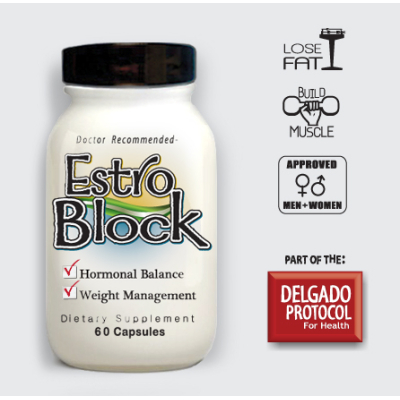
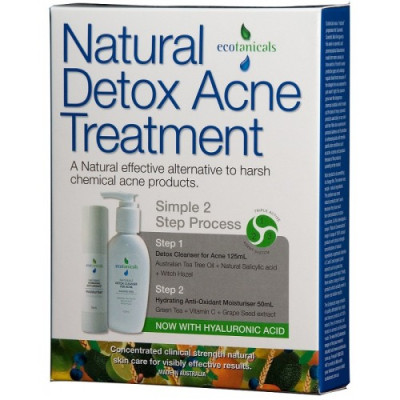
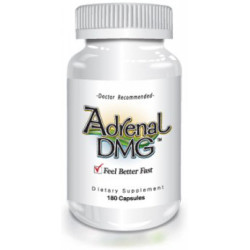
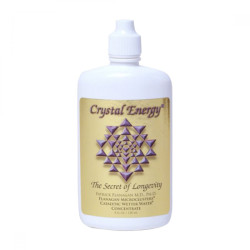
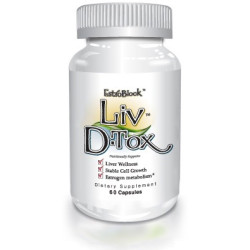
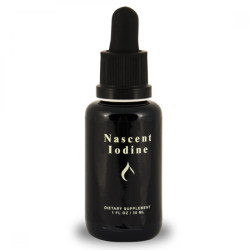
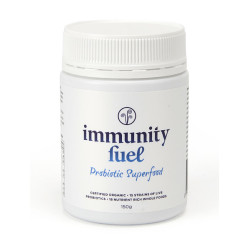
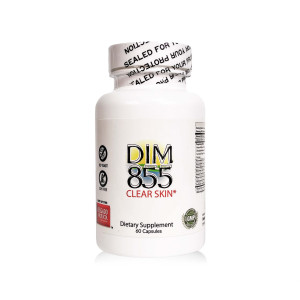
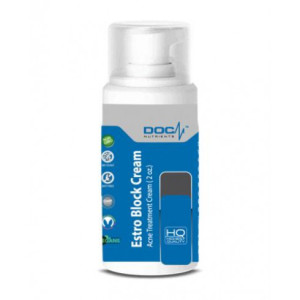
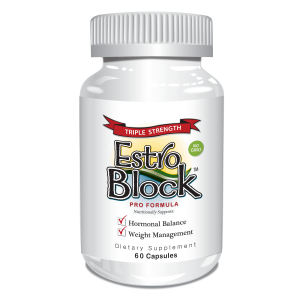
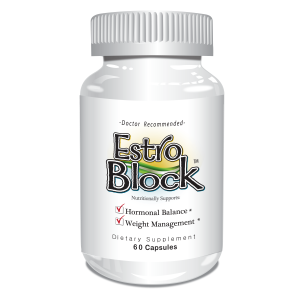
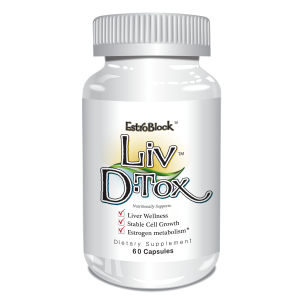
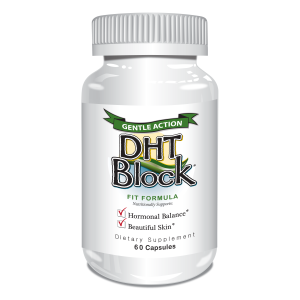
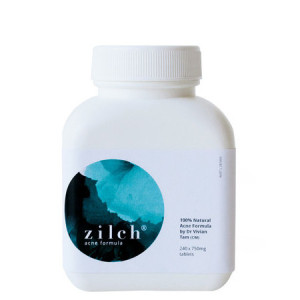
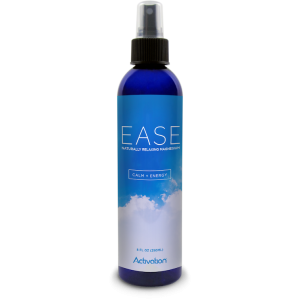

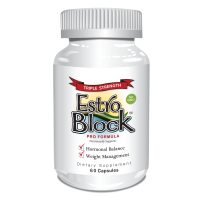
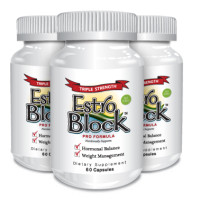
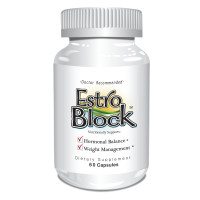
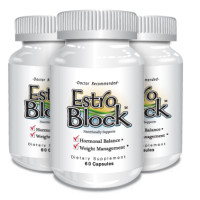
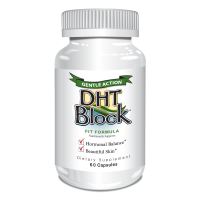
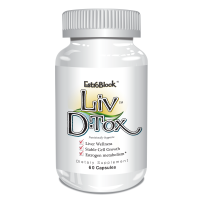
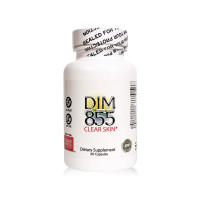
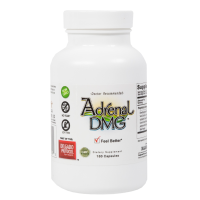
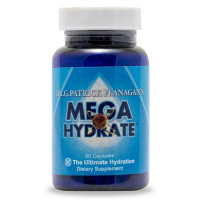
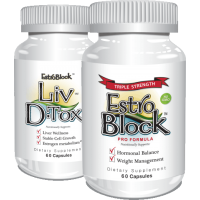

Leave a Comment